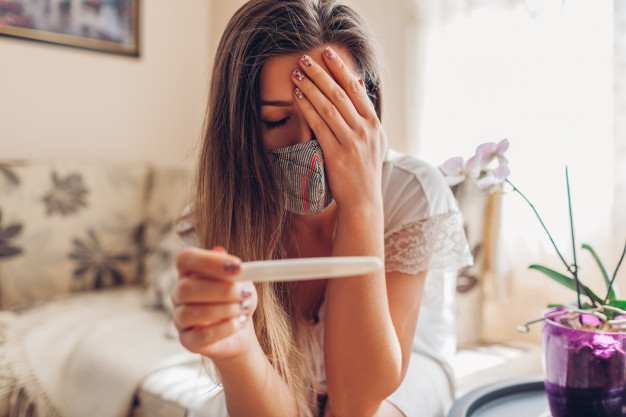During this critical coronavirus epidemic, parenting and family planning have changed, which delays the expectant parents to grapple with giving birth alone. Pregnant women experience a lot of gradual changes in their bodies, which are likely to be immunologic and physiologic changes, which might make them more susceptible to viral respiratory infections.
A pregnant couple should take all precautionary measures like attending all scheduled prenatal care appointments, wearing a mask at work, and maintaining social distancing (for at least 6 feet away from each other) in public, Wash hands frequently, as much as possible.
Amidst pandemic, learn how to reduce the risk of infection and information you should have before birth in the coronavirus time.
1. The risks have increased for ICU admission and mechanical ventilation
As per the analysis, the data recommend that pregnant women with COVID-19 were at a 50% increased to the risk of ICU admission, while 70 percent increased risk of mechanical ventilation than non-pregnant women of the same age comparatively less to the risk of death.
Having certain chronic health conditions also increases the risk of more severe outcomes, if you’re pregnant. A study released in May by Oxford researchers concluded that pregnant people generally weren’t at higher risk of severe illness due to COVID.
A study released in May by Oxford researchers concluded that pregnant people generally weren’t at higher risk of severe illness. Due to COVID, they were having certain risk factors while pregnant are older, overweight or obese, or having conditions including diabetes and high blood pressure.
2. Possible increased risk of preterm birth
Some other problems, such as preterm birth with pregnancy and childbirth, have been reported in babies born to COVID positive mothers.
3. Possible COVID-19 complications right after birth
Two women were reported as experiencing a variety of severe symptoms after giving birth, such as rapid heart rate, difficulty in breathing, and uncontrollable bleeding. However, it’s unclear if it was related to COVID-19.
4. The transmission from mom to the baby immediately after birth

There haven’t been many cases of transmission during labor and delivery. It’s doubtful that the unborn baby will get infected if you catch COVID-19 during pregnancy. Transmission usually happens when new-borns encounter to sick parents after birth.
5. Complications during the first trimester

Doctors have some research done based on how the body changes during pregnancy itself. Any problem during pregnancy may be because the immune system is slightly tamped down
During the first trimester, some viruses increase the risks of miscarriage or developmental anomalies in babies. There are more chances for ventilation among pregnant COVID-19 patients, which could be linked to a decrease in lung capacity in the third trimester as the fetus takes up more space in the abdomen, the respiratory effects of COVID-19 creating breathing problems

















